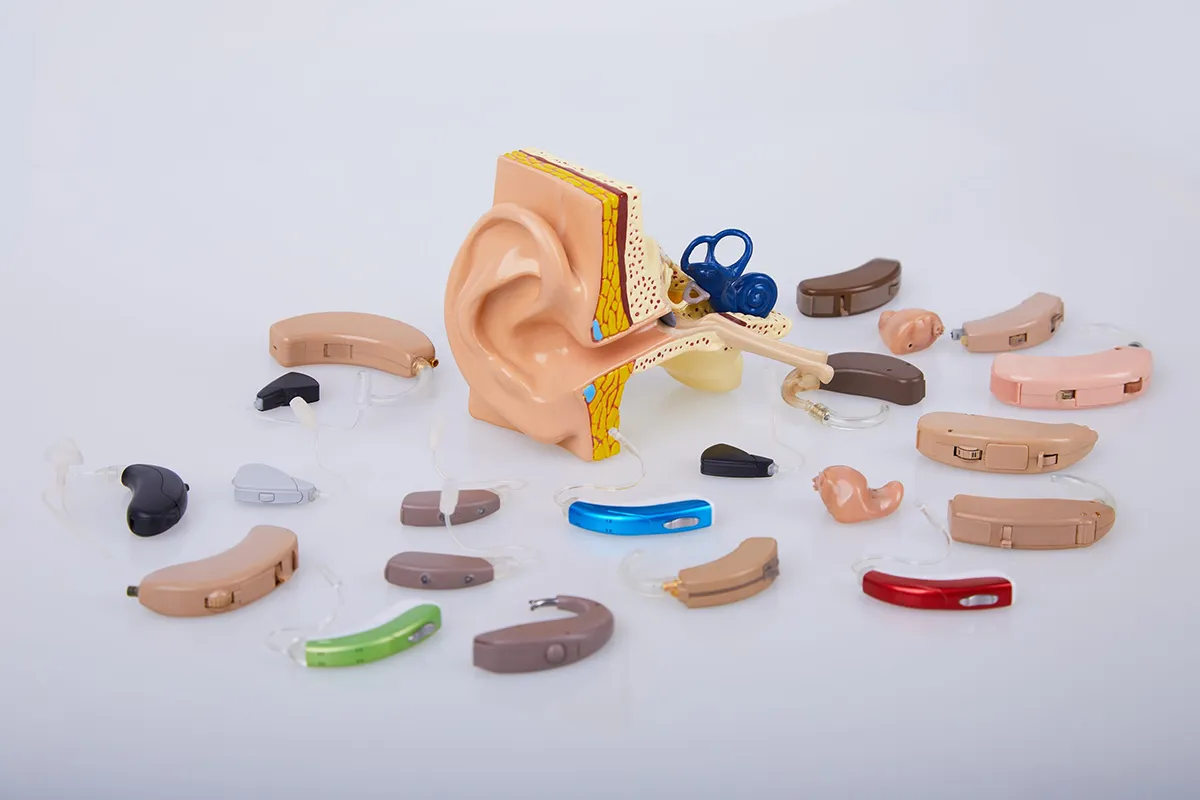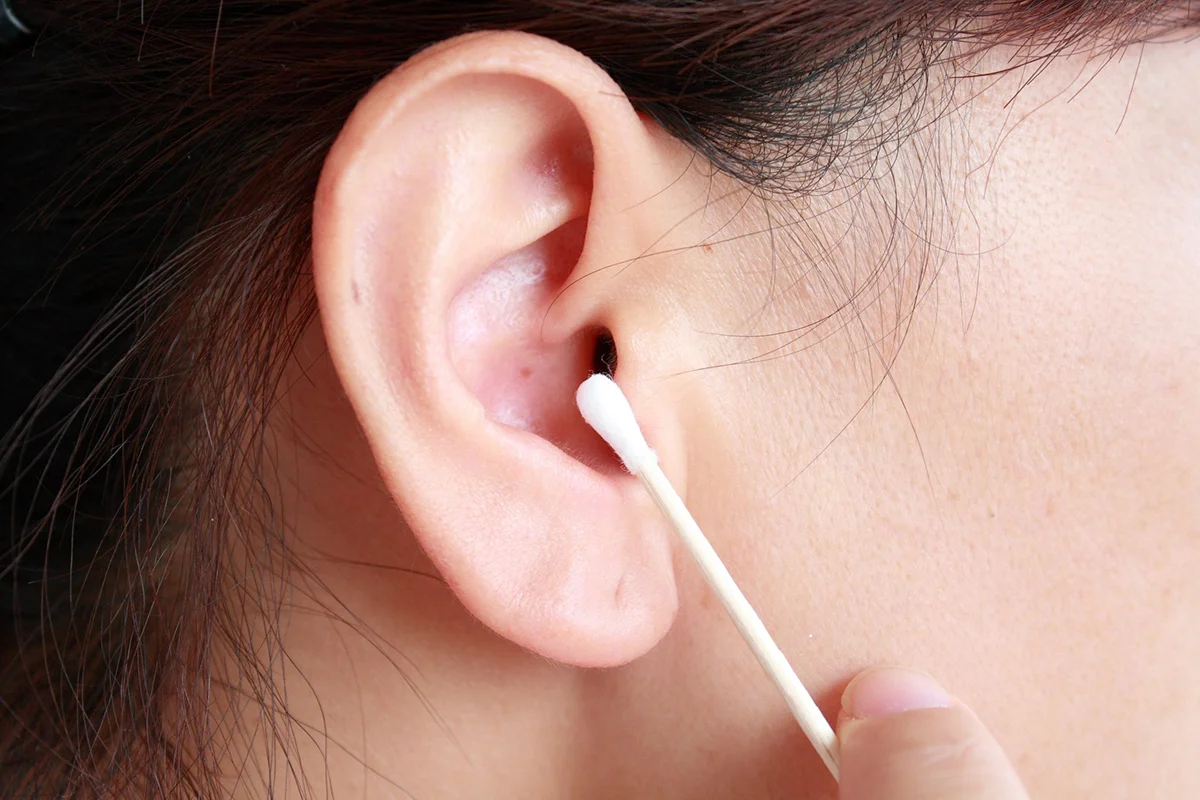Exposure to potentially damaging noise isn’t reserved for rock concerts—it can happen in the workplace as well. Of the 15% of Americans who report some degree of hearing loss, 60% are either in the workplace or in an educational setting1. In fact, hearing loss is one of the most common workplace injuries2.
It is important to let your employer know you have hearing loss. Addressing this upfront can prevent misunderstandings and frustration for you and your employer. With the right awareness and precautions, issues can be avoided.
Communication Tips in the Workplace:
Ask co-workers to get your attention when speaking to you. It is important that you know they are speaking to you and that you can see them, if possible.
Ask co-workers to speak clearly and in a moderate tone of voice - not to shout or mumble.
Avoid noisy backgrounds. Open layout cubicles make for difficult communication even for those without hearing loss.
Use the closed caption feature for Zoom meetings.
Hearing aids can be an excellent solution for mild to moderate hearing loss and can help improve comprehension and communication in the workplace. However, unlike eyeglasses, hearing aids require a ‘ramp up’ period while your auditory system adjusts to amplification. Everybody’s hearing loss, lifestyle and preference for amplification is different so acclimating can range from a few weeks to a couple months.
Most of today’s hearing aids can be adjusted so be sure to maintain regular communication with your hearing care provider, or experiment with the settings if you purchased an over-the-counter (OTC) hearing aid. A journal can be a helpful way to document your hearing journey and note any questions that arise between your appointments.
If you’re already using Eargos, you can use custom environmental settings such as 'Restaurant' or 'Meeting' in conjunction with your standard programming to help you get the most out of your Eargos in the workplace. Your Eargo hearing professional can help personalize the devices to fit your needs and lifestyle.
1 Source: Hearing Loss Association of America (HLAA)
2 Source: https://www.cdc.gov/niosh/topics/noise/about.html



